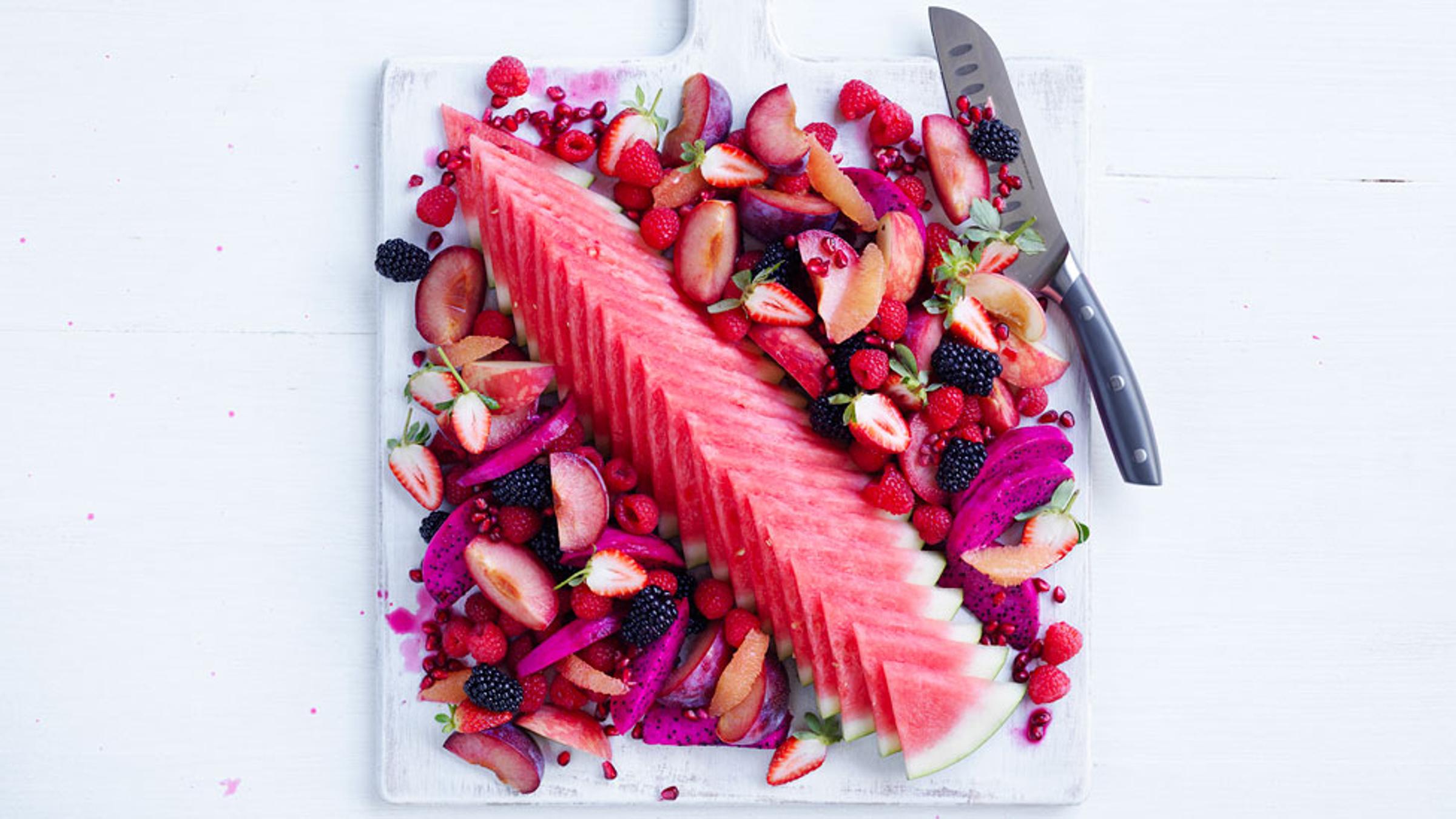Nude Food at MPS

Dear Parents and Carers,
At Montmorency Primary School, educating children to make healthy decisions for their bodies and the environment is a vital aspect of our educational program. Nude Food combines both environmental awareness and nutritional health by building greater understanding of the effects that our food choices have on our bodies and the effects that rubbish/waste have on our environment.
Nude Food teaches children the importance of a nutritious and environmentally friendly lunch filled with fresh food, eliminating all unnecessary wrapping.
In the past, we have had one designated day of the week as our Nude Food Day. This year, we are upping the challenge and making every day a Nude Food Day at Montmorency Primary School! Classes will be striving to achieve their own personal best and have as many Nude Food lunches in the class as possible. We will be tracking the data every day (except Friday) and aiming to beat our best score each time and reach our class goal. Goals and a reward will be set with input from students and will look different in each class.
So, what is Nude Food? Nude Food is simply food that is not wrapped in foil, plastic or commercial packaging.
| To pack a Nude Food lunch or snack you will need: | Try to avoid: |
|
|
Tips for Packing Nude Food Lunches:
• Try to involve your child in helping decide what to take. This will help to avoid uneaten foods being thrown out, plus will save your family money as well.
• Try to pack the lunches the night before and store in the fridge overnight to avoid the mad rush in the morning.
• If your child normally enjoys chips, yoghurt or other pre-packaged snacks, buy these in a larger format and you can decant these into smaller reusable containers or lunchbox.
• Try to use fruit and vegetables that are in season. Seasonal produce is friendly to the environment as well as to your budget, as less fuels are used to transport it into your supermarket.
Mr K
